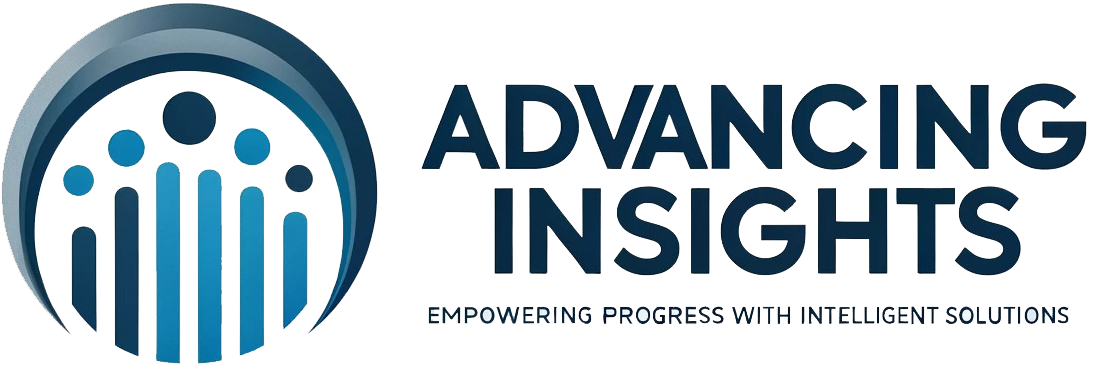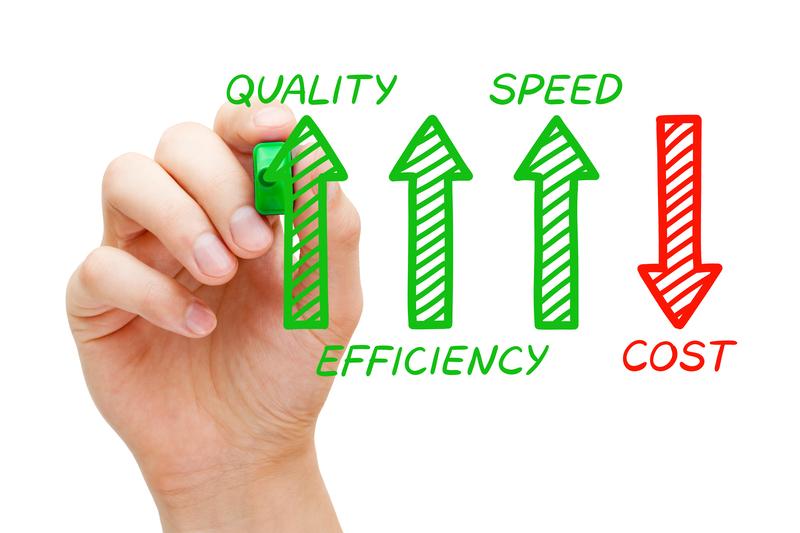How AI Tools are Revolutionizing Workflow Automation
In the rapidly evolving business landscape, efficiency isn't just about cutting costs; it's about leveraging technology to enhance productivity, accuracy, and decision-making. Artificial Intelligence (AI) is at the forefront of this transformation, offering powerful tools to automate workflows and redefine how tasks are performed. This blog post explores the dynamic world of AI-driven workflow automation and how businesses can harness its potential.
AI isn't just a buzzword; it's a game-changer in the world of workflow automation. Traditional automation systems follow predefined rules and sequences, but AI introduces a level of intelligence and adaptability that was previously unimaginable. AI tools can learn from data, recognize patterns, make decisions, and even predict future outcomes, transforming repetitive and mundane tasks into streamlined and efficient processes.
1. Natural Language Processing (NLP): AI-powered NLP tools can understand, interpret, and generate human language. This capability allows for the automation of customer service through chatbots, the extraction of valuable information from unstructured data, and even the generation of reports and summaries from large volumes of text.
2. Machine Learning (ML): ML algorithms learn from data over time, improving their accuracy and effectiveness. In workflow automation, ML can predict demand, optimize resource allocation, personalize customer interactions, and detect anomalies or inefficiencies that would be impossible for humans to spot.
3. Robotic Process Automation (RPA): RPA uses AI to perform repetitive tasks across applications and systems. By mimicking human actions, RPA can handle data entry, process transactions, and manage records without human intervention, freeing up employees to focus on more strategic and creative tasks.
- Increased Efficiency: AI reduces the time required to perform tasks by automating routine processes and making complex tasks more manageable.
- Enhanced Accuracy: By eliminating the potential for human error, AI ensures a higher level of accuracy in tasks like data entry, calculations, and analysis.
- Improved Decision Making: AI provides deeper insights and predictive analytics, helping businesses make informed decisions based on data rather than intuition.
- Scalability: AI systems can handle an increasing volume of work without the need for additional human resources, making it easier for businesses to scale operations.
- Employee Empowerment: Automating mundane tasks allows employees to focus on higher-value work, leading to increased job satisfaction and productivity.
1. Identify Repetitive Tasks: Start by identifying the tasks that are repetitive and time-consuming. These are usually the best candidates for automation.
2. Choose the Right Tools: Research and select AI tools that best fit your specific needs. Consider factors like integration capabilities, scalability, and user-friendliness.
3. Pilot and Iterate: Implement the AI tool on a small scale first, monitor its performance, and make adjustments as needed. This iterative approach helps ensure a successful full-scale deployment.
4. Train Your Team: Educate your employees about the new tools and how they can use them to enhance their work. Encourage a culture of continuous learning and adaptation.
5. Monitor and Optimize: Continuously monitor the performance of your AI systems and gather feedback to optimize and improve their effectiveness over time.
AI-driven workflow automation isn't just a trend; it's the future of business operations. By embracing AI tools, businesses can unlock unprecedented levels of efficiency, accuracy, and growth. Whether you're a small startup or a large corporation, the time to start integrating AI into your workflows is now. Embrace the AI revolution and watch your business transform into a more efficient, intelligent, and competitive entity in the marketplace.





